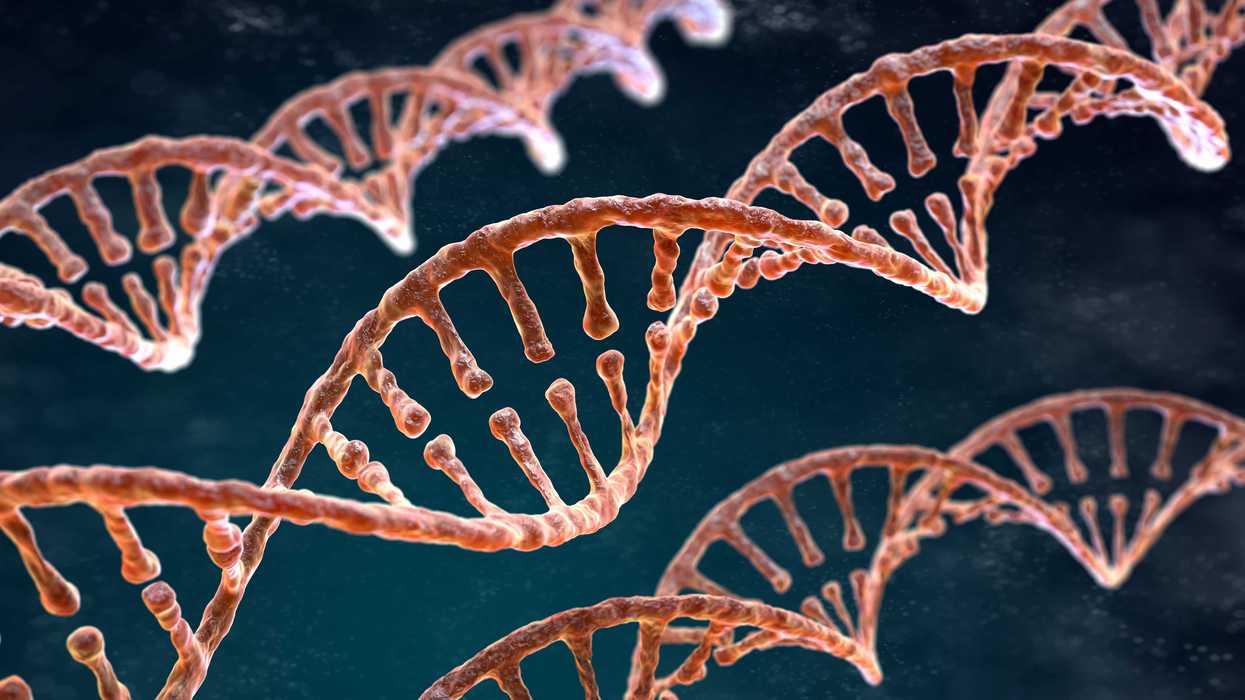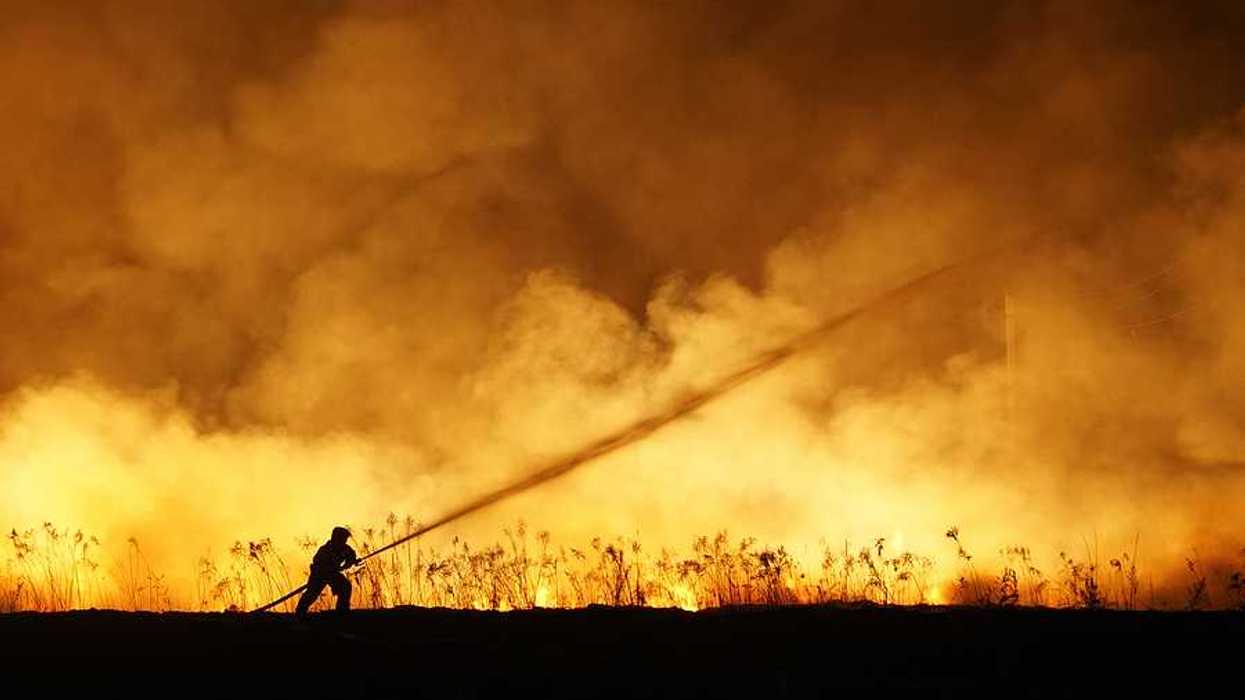An innovative app developed by Inuit communities, SIKU, is redefining the integration of traditional knowledge and scientific data to empower Indigenous groups across the Arctic in environmental monitoring and decision-making.
Hannah Hoag reports for Hakai Magazine.
In short:
- SIKU, meaning "sea ice" in Inuktitut, is a social network that enables users to document and share observations on wildlife, sea ice conditions, and local foods, fostering a unique blend of traditional and scientific knowledge.
- The platform, developed with the Arctic Eider Society, has gained traction since 2015, now boasting more than 25,000 users from at least 120 communities, who have made more than 75,000 posts.
- It supports crucial community-driven decisions and research, with features like GPS tracking for safety on the ice, and data collection on environmental changes and wildlife management.
Key quote:
“It’s part science and part Inuit knowledge. It can work both ways, instead of one dominating the other.”
— Lucassie Arragutainaq, cofounder of the Arctic Eider Society
Why this matters:
SIKU is more than an app; it's a testament to the power of Indigenous knowledge in shaping environmental policy and research. Learning from Indigenous people may be vital to meeting the existential challenge of the climate crisis.














